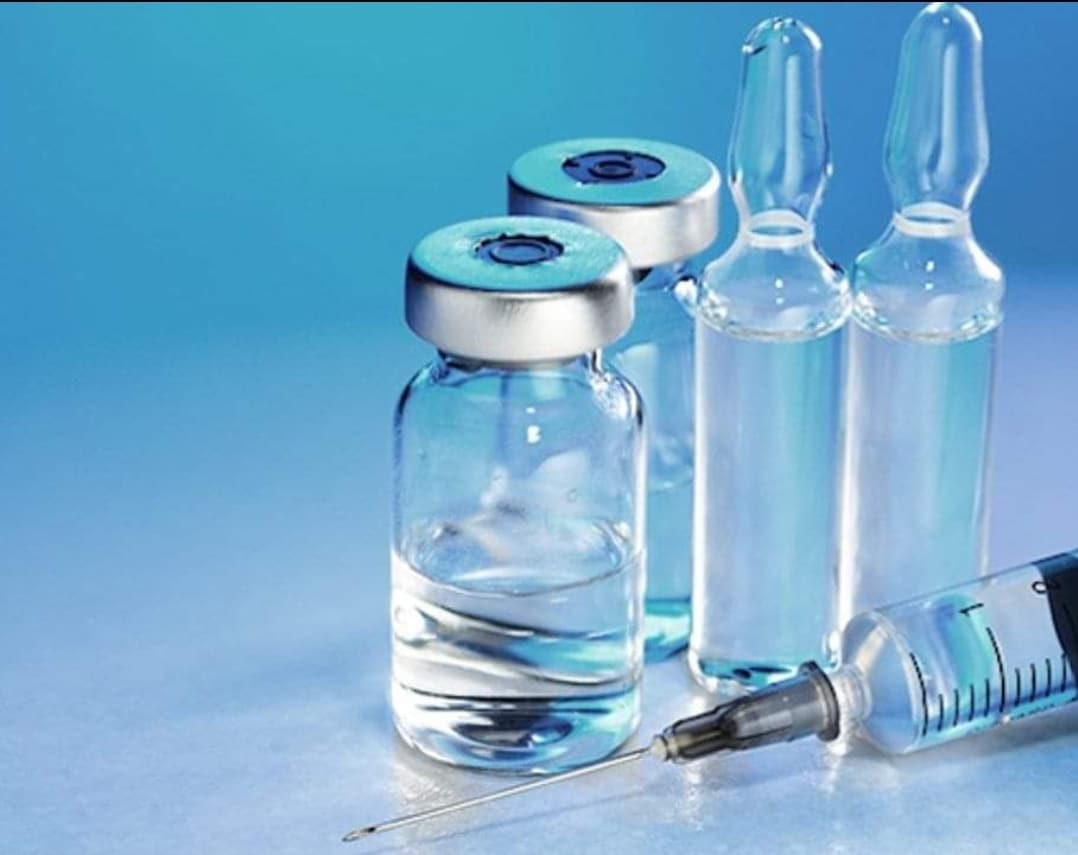USP Viscosity Testing of Injectable Solutions
The USP viscosity testing procedure is a critical component in ensuring that injectable and parenteral products meet the stringent standards set forth by the United States Pharmacopeia (USP). This test evaluates the fluidity or resistance to flow of a solution, which directly impacts its safety and effectiveness. The viscosity of an injectable product can influence how it behaves within the body, affecting both efficacy and patient comfort.
Viscosity is measured in centipoise (cP), with lower values indicating thinner fluids that flow more easily. For injectable solutions, maintaining consistent viscosity ensures proper injection dynamics and prevents blockages or clogs in syringes and IV lines. This consistency is crucial for delivering medication accurately to the intended site of action.
The USP guidelines specify strict criteria for viscosity testing because deviations can lead to significant consequences. For instance, a viscous solution might not mix properly with other components during manufacturing or administration, leading to potential contamination issues. Conversely, overly thin solutions may cause rapid absorption in the body, necessitating increased dosing frequency.
Proper adherence to USP standards also ensures regulatory compliance and patient safety. Regulatory bodies like the FDA rely on these tests to verify that pharmaceutical products are safe for human use. By conducting rigorous viscosity testing, laboratories can help prevent adverse events associated with incorrect dosage or improper product formulation.
In addition to ensuring physical properties, viscosity testing plays a vital role in optimizing manufacturing processes. Understanding how different additives affect the flow behavior of solutions allows manufacturers to fine-tune their formulations for optimal performance. This not only enhances product quality but also improves efficiency by reducing waste and minimizing production errors.
For R&D engineers working on new injectable products, understanding viscosity is essential in predicting compatibility issues between various compounds during development stages. By leveraging accurate viscosity data early in the pipeline, they can make informed decisions about ingredient selection and concentration levels, ultimately leading to more successful product launches.
Quality managers responsible for overseeing production batches benefit greatly from consistent viscosity readings as well. They use this information to monitor batch-to-batch variations and identify any potential outliers that could indicate contamination or improper processing conditions. Regular monitoring helps maintain high standards throughout the entire supply chain, ensuring that each manufactured unit meets expected quality levels.
Compliance officers play another key role in upholding strict adherence to USP specifications regarding viscosity tests. Their responsibility includes verifying that all testing procedures comply with current regulations and industry best practices. By maintaining detailed records of every measurement taken during these assessments, they ensure transparency throughout the process while fostering trust between stakeholders involved in drug development.
Understanding the importance of accurate viscosity measurements allows procurement teams to select reliable suppliers who consistently deliver products meeting required specifications. This partnership ensures that raw materials used in manufacturing meet strict quality criteria before being incorporated into final formulations.
Why It Matters
The significance of accurate USP viscosity testing cannot be overstated when dealing with injectable and parenteral products. Properly conducted tests ensure that these medications behave predictably during administration, enhancing both safety and effectiveness.
From a regulatory standpoint, compliance with USP standards demonstrates commitment to maintaining product integrity and reliability for end users. Regulatory agencies like the FDA appreciate labs adhering strictly to such protocols since they contribute significantly towards safeguarding public health.
Manufacturers rely on precise viscosity data not only during development but also throughout production stages where even small changes can have noticeable impacts on final products' performance. Consistency in these metrics helps maintain brand reputation and fosters customer confidence in the efficacy of marketed therapies.
Environmental and Sustainability Contributions
Incorporating advanced testing methodologies such as USP viscosity ensures that pharmaceutical manufacturing processes are conducted efficiently, reducing waste generation and minimizing resource consumption. By optimizing formulations based on detailed viscometric data, companies can minimize unnecessary material usage without compromising product quality.
This approach supports broader sustainability goals by promoting responsible use of natural resources throughout the supply chain. Additionally, by ensuring that products perform reliably under various environmental conditions, manufacturers contribute positively to reducing healthcare waste associated with ineffective treatments due to poor formulation choices.
Competitive Advantage and Market Impact
Adopting robust USP viscosity testing practices provides a competitive edge by enabling companies to produce high-quality injectable solutions consistently. Consistency in product performance translates into better patient outcomes, which can translate into higher customer satisfaction ratings.
A reputation for delivering reliable and effective medications strengthens brand loyalty among consumers who trust that they are receiving safe and efficacious treatments every time. This trust fosters long-term relationships between patients and healthcare providers, ultimately benefiting both parties involved in the treatment process.





